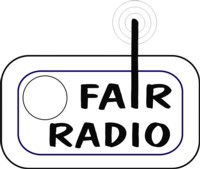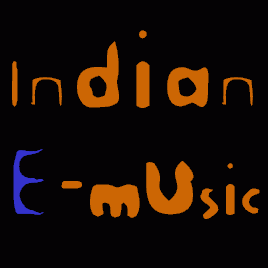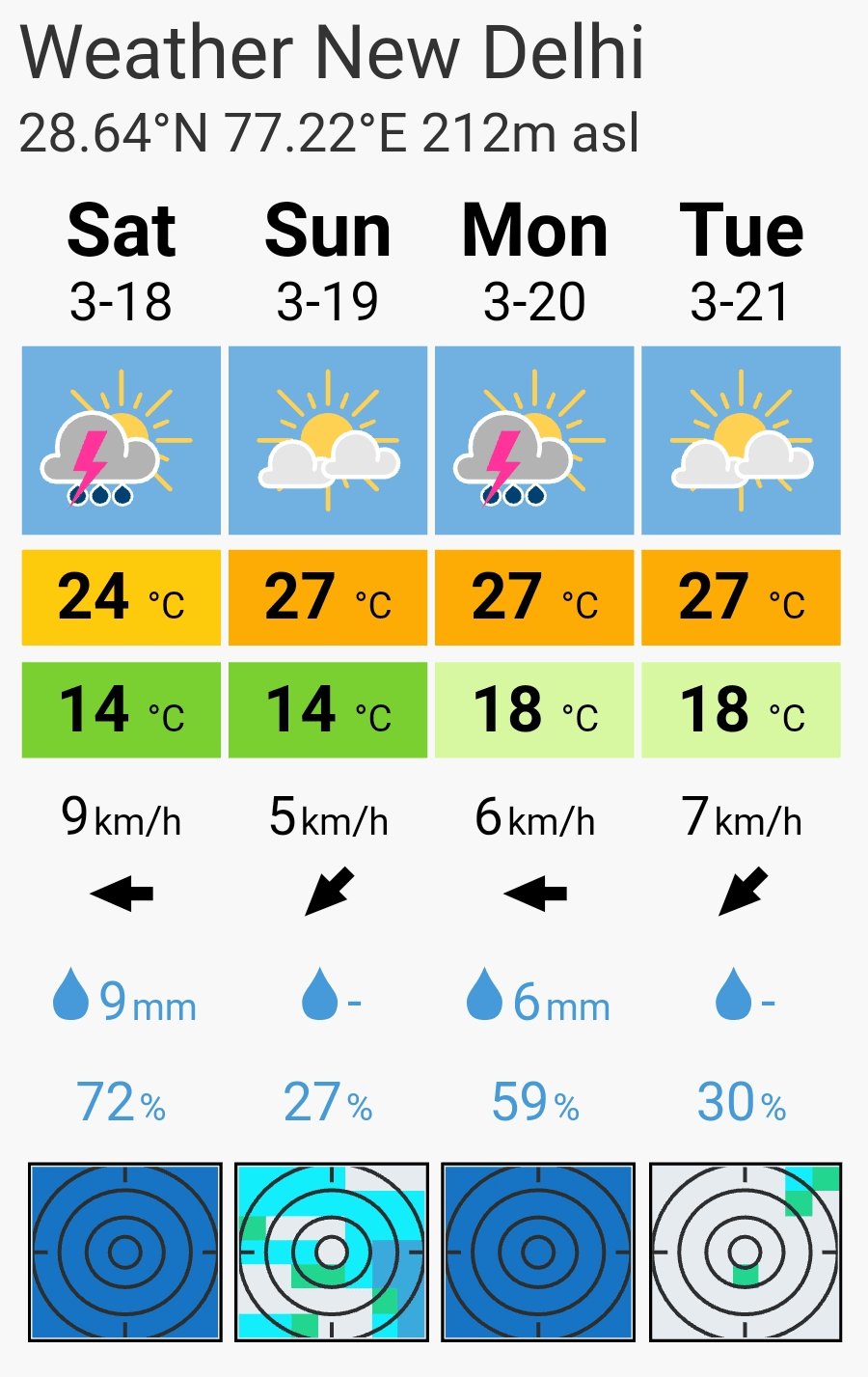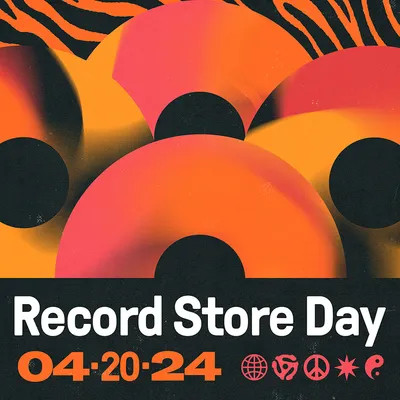Wish you very Happy Diwali 2012 – Indian Festival of Lights
May the lights of Diwali bring you health,
joy and prosperity to you, your family and beloved ones.
Diwali (also spelled Devali in certain regions) or Deepavali, popularly known as the “festival of lights,” is a five day festival which starts on Dhanteras, celebrated on thirteenth lunar day of Krishna paksha (dark fortnight) of the Hindu calendar month Ashwinand ends on Bhaubeej, celebrated on second lunar day of Shukla paksha (bright fortnight) of the Hindu calendar month Kartik. In theGregorian calendar, Diwali falls between mid-October and mid-November.
Diwali is an official holiday in India,[1] Nepal, Sri Lanka, Myanmar, Mauritius, Guyana, Trinidad & Tobago, Suriname, Malaysia,Singapore and Fiji.
For Hindus, Diwali is one of the most important festivals of the year and is celebrated in families by performing traditional activities together in their homes. For Jains, Diwali marks the attainment of moksha or nirvana by Mahavira in 527 BCE.
The name “Diwali” or “Divali” is a contraction of “Deepavali” (Sanskrit: दीपावली Dīpāvalī), which translates into “row of lamps”. Diwali involves the lighting of small clay lamps (dīpa in Sanskrit: दीप) filled with oil to signify the triumph of good over evil. These lamps are kept on during the night and one’s house is cleaned, both done in order to make the goddess Lakshmi feel welcome. Firecrackersare burst in order to drive away evil spirits. During Diwali, all the celebrants wear new clothes and share sweets and snacks with family members and friends.
Diwali commemorates the return of Lord Rama, along with Sita and Lakshmana, from his 14-year-long exile and vanquishing the demon-king Ravana. In joyous celebration of the return of their king, the people of Ayodhya, the Capital of Rama, illuminated the kingdom with earthen diyas and by bursting firecrackers.
The festival starts with Dhanteras on which most Indian business communities begin their financial year. The second day of the festival, Naraka Chaturdasi, marks the vanquishing of the demon Naraka by Lord Krishna and his wife Satyabhama. Amavasya, the third day of Diwali, marks the worship of Lakshmi, the goddess of wealth in her most benevolent mood, fulfilling the wishes of her devotees. Amavasya also tells the story of Lord Vishnu, who in his dwarf incarnation vanquished the Bali, and banished him to Patala. It is on the fourth day of Diwali, Kartika Shudda Padyami, that Bali went to patala and took the reins of his new kingdom in there. The fifth day is referred to as Yama Dvitiya (also called Bhai Dooj), and on this day sisters invite their brothers to their homes.
(Source: 11/2012 – Wikipedia.org)
Related articles
- Discover the Special Symbolism Behind Diwali (tinyprints.com)
- Celebrating Diwali, the festival of lights in Trafalger Square (imasinglelondongirl.com)
- Light that lamp (thehindu.com)
- Diwali – The Festival Of Lights (datadiary2012.wordpress.com)
- Shop smartly this Diwali (fijitimes.com)
- Diwali Recipes – Diwali Sweets & Snacks – How do we celebrate Diwali (subbuskitchen.com)
- Celebrating Diwali (johnlewis.com)
- Celebrating Diwali, New Year (mysanantonio.com)










